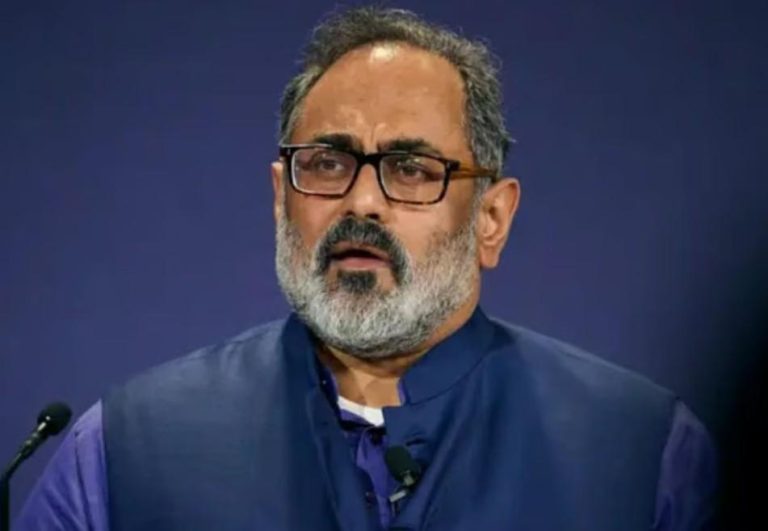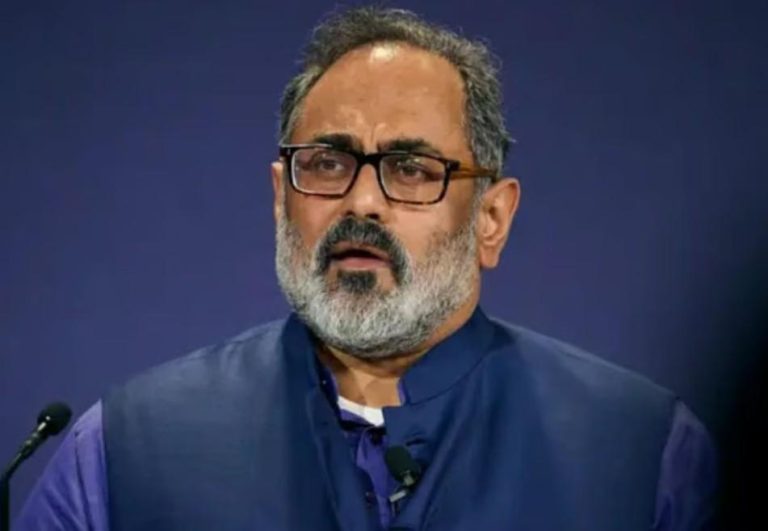
Samay, Ranveer, Ashish & others booked amid row over vulgar remarks
In a recent controversy, four popular YouTubers in India have found themselves at the center of a storm after a police case was filed against them for allegedly promoting obscenity and engaging in sexually explicit and vulgar discussions.
The controversy began when an episode of “India’s Got Latent” featuring YouTubers Samay Raina, Ranveer Allahbadia, Apoorva Mukhija, Ashish Chanchlani, and Jaspreet Singh went viral on social media. The FIR (First Information Report) was filed in Assam against the five content creators, accusing them of promoting obscenity and engaging in sexually explicit and vulgar discussions.
The controversy began when Ranveer Allahbadia made a joke about “watching parents have sex” during an episode of “India’s Got Latent”. The joke was met with widespread outrage and criticism, with many calling it “disgusting” and “vulgar”.
The FIR was filed by a local resident, who accused the YouTubers of promoting obscenity and engaging in sexually explicit and vulgar discussions. The FIR also accused the YouTubers of spreading “immoral and obscene content” and “hurting the sentiments of the general public”.
The police have since booked the five YouTubers under section 294 (indecent exposure) and 509 (word, gesture or act intended to insult the modesty of a woman) of the Indian Penal Code. The FIR has been registered at the Tenga Valley police station in Assam.
The controversy has sparked a heated debate on social media, with many calling for the YouTubers to be held accountable for their actions. Some have argued that the joke was “inappropriate” and “disrespectful”, while others have defended the YouTubers, saying that they were simply “trying to be funny”.
However, the controversy has also raised questions about the role of social media in promoting obscenity and vulgar content. Many have argued that social media platforms have a responsibility to regulate the type of content that is shared on their platforms, and to take action against creators who promote obscenity and vulgar content.
The controversy has also highlighted the importance of responsible social media use. Many have argued that social media creators have a responsibility to be mindful of the impact of their words and actions, and to avoid promoting obscenity and vulgar content.
In conclusion, the controversy surrounding the four YouTubers is a reminder of the importance of responsible social media use and the need for social media platforms to regulate the type of content that is shared on their platforms. The FIR against the YouTubers is a step in the right direction, and it is hoped that the incident will serve as a wake-up call for social media creators to be more mindful of the impact of their words and actions.






